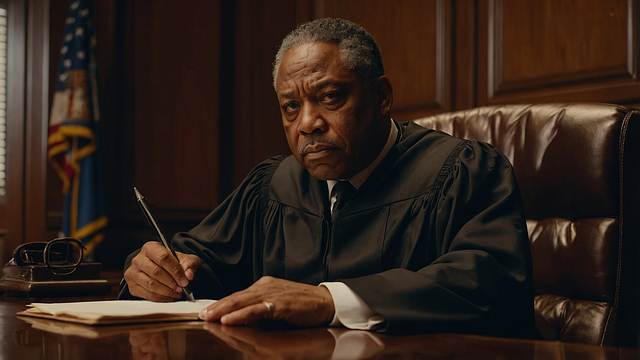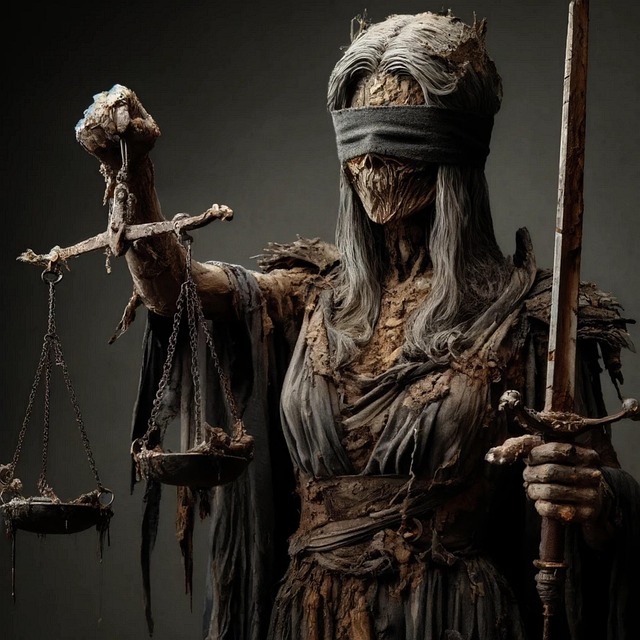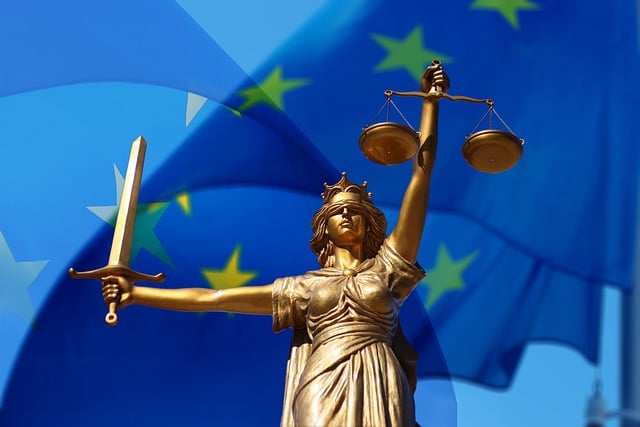Corporate crime investigations navigate complex legal territory by distinguishing Class Action Lawsuits from Individual Lawsuits. While class actions collectively hold corporations accountable for widespread misconduct, individual lawsuits focus on specific personal damages. This strategic choice drives investigation scope, from broad demographic analysis in class actions to detailed transaction scrutiny in individuals. High-profile cases like Enron and Volkswagen demonstrate the impact of these approaches on corporate accountability, transparency, and legal precedents, shaping strategies globally. Robust data analysis, strategic planning, and expert legal knowledge are crucial for successful outcomes, whether aiming for substantial monetary settlements or charge dismissals.
Corporate Crime Investigations: Unraveling Complex Financial Misdeeds
In today’s complex business landscape, ensuring corporate accountability is paramount. This comprehensive guide explores the intricate world of corporate crime investigations, delving into strategies to uncover financial misdeeds. We dissect the legal battlefield, comparing Class Action Lawsuits versus Individual Claims, and their respective impacts on holding corporations responsible. From understanding the investigative process to studying notable cases, this article provides valuable insights into the challenges and consequences of corporate wrongdoing.
- Understanding Corporate Crime Investigations: A Comprehensive Overview
- The Landscape of Legal Action: Class Action vs Individual Lawsuits
- Strategies and Challenges in Investigating Corporate Wrongdoings
- Impact and Consequences: Holding Corporations Accountable
- Case Studies: Notable Corporate Crime Investigations and Their Outcomes
Understanding Corporate Crime Investigations: A Comprehensive Overview

Corporate Crime Investigations delve deep into complex issues involving business entities and their legal implications. At its core, understanding these investigations requires grasping the subtle differences between a class action lawsuit and an individual lawsuit. Class actions involve groups of individuals joining forces to pursue collective redress against a corporation accused of widespread misconduct. This approach amplifies the impact and resources dedicated to holding the company accountable for harm inflicted on numerous victims. In contrast, individual lawsuits focus on specific individuals’ experiences, seeking personal damages from the alleged offenders.
While both avenues serve justice, they differ significantly in scope and strategy. Corporate investigations often become intricate labyrinths, where evidence must be meticulously gathered and analyzed to prove culpability. A successful outcome may lead to substantial monetary settlements or even a complete dismissal of all charges, as evidenced by many cases with unprecedented track records in favor of the philanthropic and political communities.
The Landscape of Legal Action: Class Action vs Individual Lawsuits

When it comes to corporate crime investigations, the legal landscape presents a critical juncture for both businesses and individuals facing repercussions. One significant distinction lies in the choice between pursuing a Class Action Lawsuit or filing Individual Lawsuits. Class action suits involve a group of plaintiffs united by a common injury, allowing for collective compensation and setting precedents that can impact all parties involved. This approach is particularly effective in high-stakes cases where businesses face extensive legal and financial repercussions.
In contrast, individual lawsuits focus on the experiences and damages of specific victims. While each case may yield a smaller monetary settlement, this method enables more granular assessments of liability and provides plaintiffs with a direct path to justice. The choice between these strategies depends on various factors, including the nature of the crime, the respective business’s resources, and the desired outcome for affected individuals or groups. In some instances, combining both approaches can offer a comprehensive strategy to ensure a complete dismissal of all charges and mitigate potential long-term impacts.
Strategies and Challenges in Investigating Corporate Wrongdoings

Investigating corporate wrongdoings presents a unique blend of strategies and challenges. One key strategy is to differentiate between class action lawsuits and individual lawsuits. Class actions involve multiple plaintiffs seeking collective redress, while individual suits focus on specific individuals’ claims. This distinction can significantly impact the investigation’s scope and complexity. For instance, class actions often require a broader examination of company practices across larger demographics, whereas individual cases may delve deeper into specific transactions or interactions.
A major challenge in these investigations is navigating the intricate web of corporate structures and financial records. Defense attorneys often employ complex strategies to obscure the truth, making it crucial for investigators to possess robust legal expertise and access to relevant data. An unprecedented track record in winning challenging defense verdicts underscores the importance of meticulous preparation, strategic planning, and a thorough understanding of both the legal framework and the unique dynamics of corporate crime.
Impact and Consequences: Holding Corporations Accountable

When a corporation engages in illegal activities, the impact can be profound and far-reaching, affecting not just shareholders but also employees, customers, and even the broader community. Corporate crime investigations play a critical role in holding these entities accountable for their actions. Unlike individual lawsuits that target specific wrongdoers, a class action lawsuit offers a powerful mechanism to address widespread harm. This collective legal approach enables victims to join forces, amplifying their individual claims and ensuring that justice is served on a larger scale.
The consequences of such investigations can be significant, leading to substantial financial settlements, restructuring within the company, and changes in corporate governance practices. What sets apart successful outcomes like winning challenging defense verdicts is the meticulous investigation process, strategic legal arguments, and the commitment to representing clients fairly. In navigating these complex cases, attorneys must consider not only legal strategies but also the broader implications for the philanthropic and political communities, ensuring that accountability measures are fair, proportional, and contribute to a healthier business landscape.
Case Studies: Notable Corporate Crime Investigations and Their Outcomes

In the realm of corporate crime investigations, several high-profile cases have served as landmarks, shaping strategies and outcomes for future inquiries. One notable example is the Enron scandal, where complex financial fraud was unveiled through meticulous auditing, ultimately leading to a sweeping investigation involving multiple agencies. This case demonstrated the power of comprehensive data analysis in exposing systemic criminal activities. As a result, reforms were implemented to enhance corporate transparency and accountability.
Another significant development is seen in the Volkswagen emissions scandal, where the company’s manipulation of emission tests resulted in a global backlash. Here, a combination of regulatory inquiries and class-action lawsuits vs. individual lawsuits played out, with consumers and investors alike seeking justice. The outcome was not only financial penalties but also a shift in corporate governance, emphasizing ethical practices and environmental responsibility. These investigations showcase how robust legal actions can achieve extraordinary results, serving as deterrents for potential future misconduct, and ultimately shaping the landscape of general criminal defense strategies.
Corporate crime investigations are a complex yet essential aspect of maintaining a fair business environment. By understanding the nuances of these inquiries, from legal frameworks like class action vs. individual lawsuits to the strategic challenges involved, we can ensure more effective accountability measures. Case studies highlight successful outcomes, emphasizing the significance of thorough investigations in bringing corporate wrongdoers to light and deterring future misconduct. Balancing the interests of victims, corporations, and society at large is crucial, with the ultimate goal of fostering integrity within the business realm through robust legal action.






